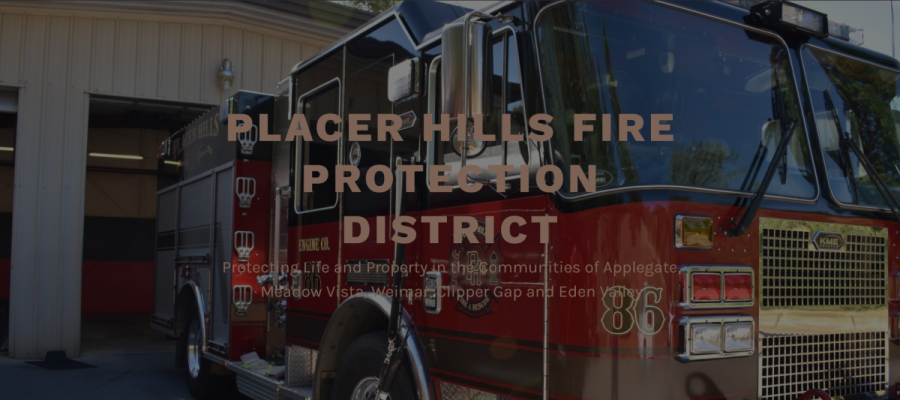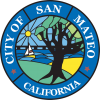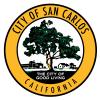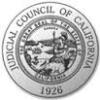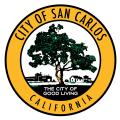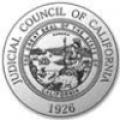The City of Livermore is seeking an Assistant City Engineer to join the City's Engineering division. For more information, please refer to the job flyer.

DEFINITION
Under general direction of the City Engineer, plans, organizes, and coordinates activities/projects which may involve more than one Engineering Division Section, including transportation/traffic, construction administration and inspection, capital improvement project design, and current development engineering; formulates policy; develops goals and objectives; supervises staff; administers the division's operating budget and the capital improvement budget; performs professional civil engineering work; and performs other duties as assigned.
DISTINGUISHING CHARACTERISTICS
The Assistant City Engineer has a broad range of independence within policy and procedural parameters and works under minimal supervision. The Assistant City Engineer is distinguished Senior Civil Engineer in that the Assistant City Engineer may manage more than one section and assists the City Engineer in the formulation and implementation of the Division's operating budget and the City's capital improvement budget. It is distinguished from the City Engineer in that the City Engineer has overall management responsibility for all aspects of the Engineering Division.
SUPERVISION RECEIVED
General direction is received from the City Engineer.
SUPERVISION EXERCISED
The Assistant City Engineer provides direct supervision and supervision through secondary supervisors to professional, technical, clerical and temporary employees assigned to the division. May directly supervise any or all Engineering Division Sections, including senior civil engineers.
Examples of Important and Essential Functions:
Management Functions
Develops and implements goals, objectives, performance standards, policies and procedures; reviews policies and procedures and recommends modifications, as warranted; plans, organizes, directs and evaluates the functions and activities of the Engineering Division; supervises, trains and evaluates personnel; and acts as division head in the absence of the City Engineer.
Technical Functions
Manages and administers Engineering Division activities, programs and projects including consultant contract administration and engineering design, development, survey, construction and inspection for property management, local and regional transportation planning, City streets and freeway interchanges, traffic controls, drainage structures, sewage collection and treatment, water distribution, and parking and other municipal facilities, such as an airport, golf courses, parks and City buildings and other civil engineering projects; administers development fee programs; reviews engineering plans, specifications, and contract documents; prepares conditions of approval for subdivisions and site developments; interprets City Standards in complex and unclear cases; establishes guidelines and methods for capital improvement projects related to project design, timetables and other factors; establishes and administers Standard Details and Specifications, development plans, plan check manuals, and master plans for sewer, water and storm drain systems, and other documents as required by Municipal Code; reviews transportation plans and transportation systems; and establishes and reviews construction inspection criteria.
Administrative Functions
Establishes procedures and monitors contract administration; reviews and investigates alleged violations; assists the City Engineer in developing, administering, and monitoring the Division's operating and the City's capital improvement budgets, identifying funding needs and opportunities, the lighting and landscape district and sidewalk repair programs and other programs; monitors projects for schedule and budget; advises City staff and others on issues relating to adopted City Standard Details and Specifications; makes presentations to City Council, commissions and other groups; prepares written reports and requests for City Council and staff regarding ordinance changes, establishment of City policy and items for City Council approval; acts as liaison to various inter-governmental boards and commissions, as directed; interacts effectively with City officials and staff, developers, engineers, architects, property owners, citizens, and other governmental agencies including local, state and federal.
Job Related and Essential Qualifications:
Demonstrated Knowledge of:
Principles and practices of organization, administration, budget and personnel management; laws and regulatory codes related to governing land development, assessment districts, development and user fee studies, and public works contracting; development and construction of public works projects; principles and practices of modern civil, structural, hydraulic, sanitary, pavement management, erosion control, channel maintenance, and highways and interchanges related to municipal public works design and construction; transportation planning processes, issues, and modeling techniques; methods, techniques and materials employed in the construction of public works projects; processing rights-of-way acquisitions; estimating and drawing plans for improvements; grant funding and project programming for capital projects and land developments; principles and practices of supervision; effective public speaking techniques; and personal computers and software applications, including spread sheet, word processing, and graphics functions.
Demonstrated Skills to:
Plan, organize, coordinate and administer activities of the Engineering Division; develop and implement programs, policies and procedures; communicate effectively both verbally and in writing; administer and monitor section budgets and expenditures, including a capital and improvement budget; formulate and administer lighting and landscape districts; identify, pursue and administer grant programs; develop and implement user and development impact fees; interpret and effectively apply various laws, ordinances, regulations, policies and procedures; select, supervise, train and evaluate professional, technical and clerical staff; establish and maintain effective working relations with property owners, contractors, public officials and the general public; keep accurate engineering records; make effective presentations on engineering matters in lay language; perform professional engineering work; prepare contract documents and comprehensive reports; supervise and coordinate construction contracts; operate a personal computer; exercise sound, fair and consistent independent judgement; solve complex problems and mediate to resolve disputes; and exemplify and foster an enthusiastic, resourceful and effective service attitude/approach with internal and external customers.
Ability to:
Effectively learn, interpret and appropriately apply City, department and division policies, procedures, rules and regulations, terminology, City Standards and Details, permit provisions and the City's Geographical Information System (GIS), city maps and records system; work additional hours as necessary to meet deadlines and attend night meetings; develop and maintain effective public relations with those contacted in the course of the work; foster collaborative relationships with other Departments, local, regional, and state agencies, and City customers ; keep current on changes/trends/technology in the engineering field; participate, foster and encourage all members of the division to work as members of a team; and provide technical assistance and staff leadership to various boards and commissions.
Experience, Education and Training Guidelines
Any combination of experience, education and training that would provide the best qualified candidates. A typical way to obtain the knowledge, skills and abilities would be:
Experience: Five years experience performing progressively responsible professional civil engineering work with registration which included one year of experience in supervising a major section(s) of engineering staff engaged in a variety of public works and private development projects including design, construction inspection, transportation, land development and review.
Education: The equivalent to a Bachelor's Degree in civil engineering from an accredited college/university. Master's degree in an applicable field is desirable.
Training: Any recent training such as, academic courses and certification programs which are relevant to this job classification.
Certification: Registration in the State of California as a Professional Civil Engineer. Registration in the State of California as a Land Surveyor is desirable, if civil engineering license does not cover land surveying.
License: May require the possession of a valid California driver's license and a satisfactory driving record, as determined by the City.
Other Requirements: Must have the willingness and ability to work the hours necessary to accomplish the job requirements; be on-call for emergencies; travel to and attend meetings, seminars, and conferences during work and non-work hours; complete continuing education requirements, as necessary; work outdoors in all weather conditions and at night, as needed.
Special Requirements: Essential duties require the mental and/or physical ability to work regularly in a standard office environment and periodically in a field environment involving body movement, dexterity and agility of balance and coordination while moving through restricted spaces, such as trenches and climbing ladders and stairs; read fine print and distinguish colors and shades of color to interpret and use maps/blue prints for prolonged periods of time; converse with others in person and by telephone; and operate a personal computer.
Additional Information:
The City of Livermore is an equal opportunity employer and supports workforce diversity.


